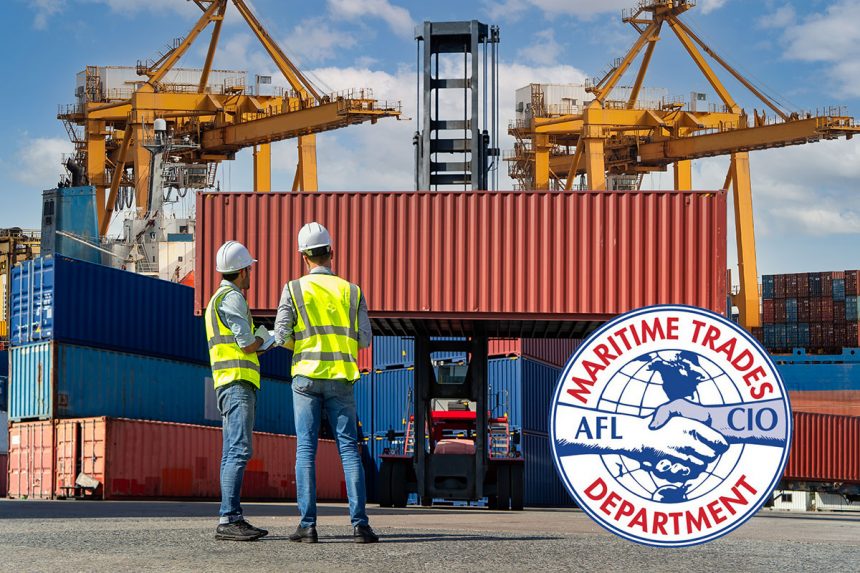Waiving U.S.-flag shipping requirements contained in the Jones Act, America’s most important cabotage law, might, at most, shave several cents off the price of a gallon of oil, but it would have a devastating effect on U.S. national security interests and the American maritime industry.
That piece of news was contained in a story carried by Reuters on one aspect of the recent rise in gasoline prices: how they might affect the U.S. maritime industry.
“In a time of high unemployment in the United States, ignoring the Jones Act, which has been central to American national security and protects American jobs, just makes no sense,” said Dan Duncan, secretary-treasurer of the Maritime Trades Department, AFL-CIO, who was quoted in the New York Times. He made similar remarks to Reuters.
The stories ran shortly after the MTD concluded its winter meetings in Orlando, Florida, where the waivers were a matter of much discussion.
Opponents of the Jones Act have been trying to use the latest rise in gasoline prices to erode the integrity of the 1920 law, just as they attempted to use the BP oil spill in the Gulf.
And now, just as then, they are disseminating information that, at best, is highly skewered.
The MTD and its allies in the labor movement and shipping industry have been working overtime to educate the American public and the new members of Congress about the issues involved. The important thing to remember is that there are procedures in place to grant waivers if they are needed. There is, almost everyone in the industry believes, no reason to do so when U.S.-flag vessels are available.
As was reported in the Reuters story:
“Ship owners, wary of the impact of waivers on their business, insist the industry has enough Jones Act-approved tankers to handle a change in trade flows to move product from the giant U.S. Gulf Coast refining hub — which currently is exporting record volumes of fuel to Latin America — to the East Coast, which last year imported roughly a fifth of its gasoline from Europe.
“’It would take some shuffling around but I think there is some tonnage that could meet that demand,’ said Michael Roberts, senior vice president at Crowley Maritime Corporation.
“Florida-based Crowley owns 17 U.S.-flagged articulated barges, some of which can carry nearly as much oil as the handymax tankers in the U.S. fleet and can also be used for intercoastal trips. The country’s 44 barges are not included in the EIA tanker numbers.
“’If they waive the Jones Act to move product from the Gulf to the East Coast that would really knock the stuffing out of the confidence to invest in American vessels,’ said Roberts.”

